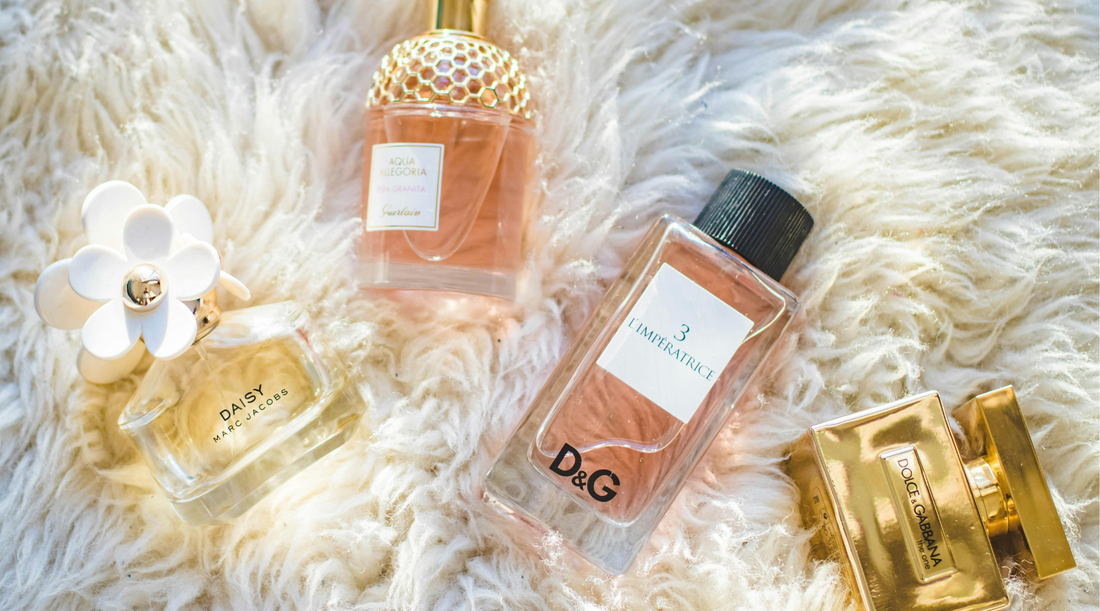
When shopping for perfumes, you might have noticed labels like Eau de Parfum (EDP), Eau de Toilette (EDT), and Parfum. Understanding these terms can help you choose the right fragrance that suits your preferences and needs. In this blog post, we'll break down the differences between EDP, EDT, and Parfum, including their concentration levels, longevity, and ideal usage scenarios.
What is Eau de Toilette (EDT)?
Eau de Toilette (EDT) contains a lower concentration of fragrance oils, typically between 5% to 15%. EDTs are lighter and more subtle compared to EDPs and Parfums, usually lasting around 4 to 6 hours. They are ideal for daytime wear and warmer weather.
Characteristics of EDT:
- Concentration: 5% - 15%
- Longevity: 4 - 6 hours
- Ideal for: Daytime use, casual settings, and hot climates
What is Eau de Parfum (EDP)?
Eau de Parfum (EDP) has a slightly lower concentration of fragrance oils than Parfum, usually between 15% to 20%. EDPs are known for their excellent longevity, typically lasting around 6 to 12 hours, making them a popular choice for both day and evening wear.
Characteristics of EDP:
- Concentration: 15% - 20%
- Longevity: 6 - 12 hours
- Ideal for: Everyday use, evening wear, and when you want a noticeable fragrance that lasts
What is Parfum?
Parfum, also known as pure perfume or extrait de parfum, has the highest concentration of fragrance oils, typically ranging between 20% to 30%. Due to this high concentration, Parfum is the most long-lasting type of perfume, often lasting up to 24 hours with just one application.
Characteristics of Parfum:
- Concentration: 20% - 30%
- Longevity: 12 - 24 hours
- Ideal for: Special occasions, evening wear, and those who prefer a strong, long-lasting fragrance
Choosing the Right Fragrance for You
When deciding between Parfum, EDP, and EDT, consider the following factors:
- Longevity: If you prefer a fragrance that lasts all day without needing reapplication, Parfum or EDP might be the best choice.
- Intensity: For a strong, lingering scent, Parfum is ideal. If you want something noticeable but not overpowering, EDP is a great option. EDT is perfect for a light, refreshing fragrance.
- Occasion: Parfum and EDP are suitable for special occasions and evening wear, while EDT is more appropriate for daytime and casual settings.
- Price: Due to their higher concentration of fragrance oils, Parfum and EDP are generally more expensive than EDT. Consider your budget when making a choice.
Understanding the differences between Parfum, EDP, and EDT can help you make an informed decision when selecting a fragrance. Whether you prefer the intensity and longevity of Parfum, the balanced strength of EDP, or the lightness of EDT, there's a perfect scent out there for every occasion and preference.
